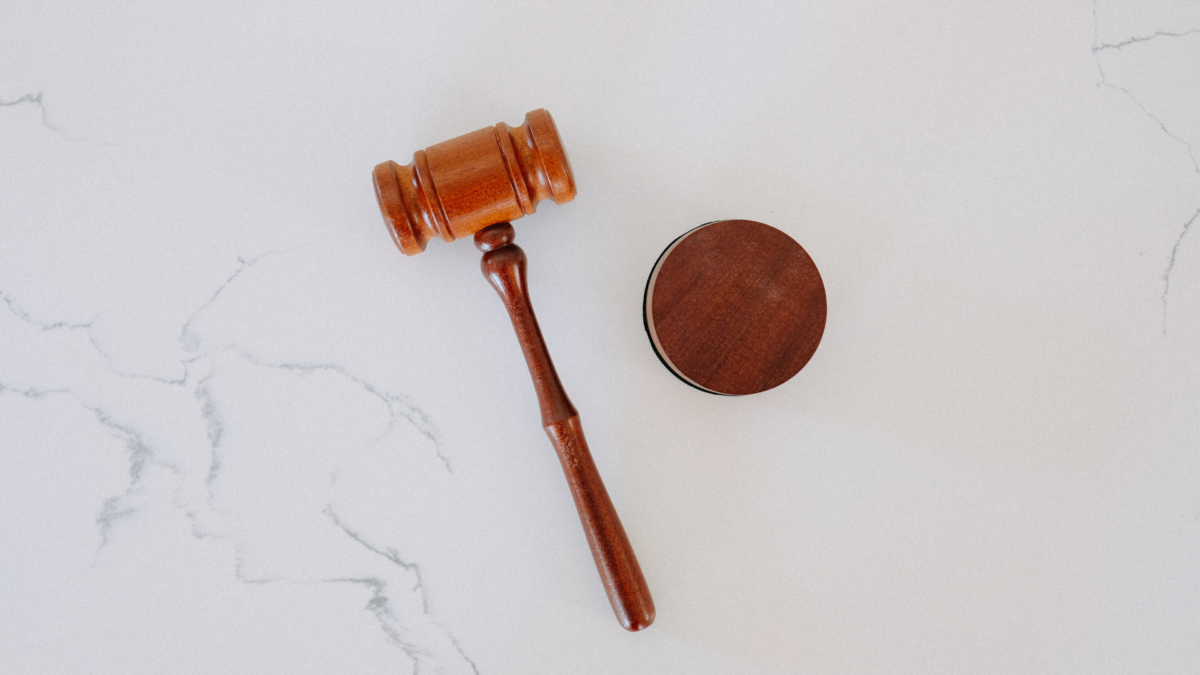Sotheby’s auction house was recently named as a defendant in an ongoing class-action lawsuit that was filed by Bored Ape Yacht Club (BAYC) investors against its parent company, Yuga Labs.
Sitting in the Hot Seat
The class-action lawsuit, filed in December 2022, named more than 40 defendants with allegations that they were artificially inflating the prices of BAYC NFTs through celebrity promotions without the proper disclaimers required by the anti-touting provision of the Securities Act.
Celebrities named in the lawsuit included Justin Bieber, Paris Hilton, Jimmy Fallon, Gwyneth Paltrow, Serena Williams, Madonna, Steph Curry, and more who have all publicly vouched for BAYC in the past.
One of the biggest catalysts of the heated scrutiny against celebrity endorsements of crypto and NFT projects began with Kim Kardashian, who in 2021, illegally promoted a cryptocurrency called EthereumMax (EMAX). She ended up settling with the SEC a year later by paying $1.26 million USD in penalties, disgorgement, and interest due to her failure to disclose that she was paid $250,000 USD to promote EMAX.
Other celebrities who have also been under fire for having promoted other crypto projects, including the now fallen FTX exchange, included Ne-Yo, Lindsay Lohan, Justin Sun, Soulja Boy, Floyd Mayweather, Jr., DJ Khaled, and more.
Why Sotheby’s?
The Amended Complaint, filed on August 4, alleges that Sotheby’s, in collaboration with Yuga, engaged in a scheme back in September 2021 to “run a deceptive auction” of 101 BAYC NFTs, called “Ape In!”
Sotheby’s told CNN that the allegations against it are “baseless,” and it is prepared to “vigorously defend” itself, as well as Yuga sharing the same sentiment.
The Amended Complaint also referenced Max Moore, the auction house’s Head of Contemporary Art Auctions, for having posted an advertisement for the BAYC auction from his Twitter account, while also publicly touting it during an official Sotheby’s x BAYC Sale Twitter Spaces, hosted by Rug Radio founder Farokh Sarmad.
It continued by alleging that Sotheby’s had claimed to have sold the entire lot of NFTs to an anonymous buyer for $24.4 million, with each BAYC NFT having a floor price of $240,000 – a $100,000 increase than the original price of the BAYC’s at the time.
MoonPay’s “Confidential Witness #1”
The Amended Complaint also indicates a “Confidential Witness” who claims to have worked in MoonPay’s compliance department, alleging that there were suspicions surrounding MoonPay’s activities with respect to facilitating celebrity endorsements of the BAYC NFTs.
It goes on to allege that a number of MoonPay compliance employees were granted “heightened access to files and data associated with MoonPay customer financial transactions” and that there was no files or information as to these celebrity clients – even after conducting “Enhanced Due Diligence, Know Your Customer, and Anti-money Laundering checks” on MoonPay customers.
In June, The Block reported that the $3.4 billion crypto startup helped inflate BAYC prices by gifting BAYC NFTs in exchange for the celebrities promoting them on their own accounts, as well as gifting NFTs to some celebrities without the expectation of payment.
Regardless, the current NFT landscape is certainly murky, causing justified concerns as to the potential legal ramifications behind each and every decision to publicly market a project and how to go about it.
The answers we are seeking ultimately lie with the SEC and our courts.
Credit: Source link


































